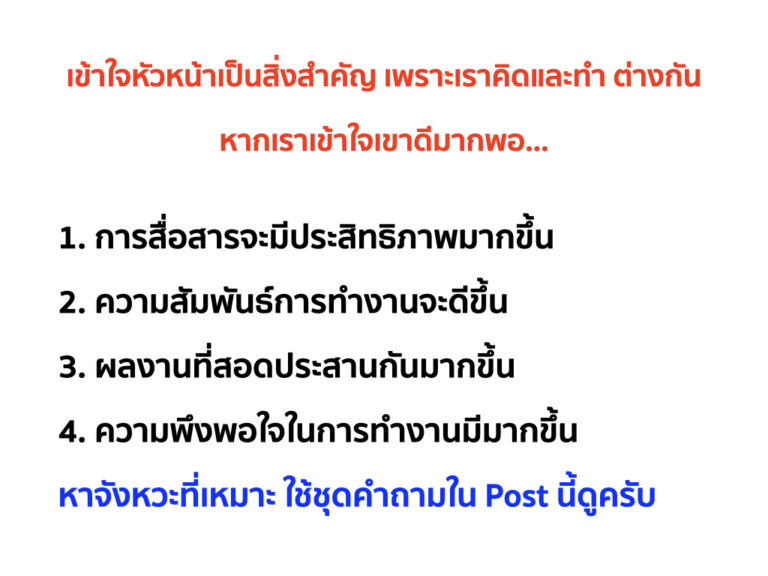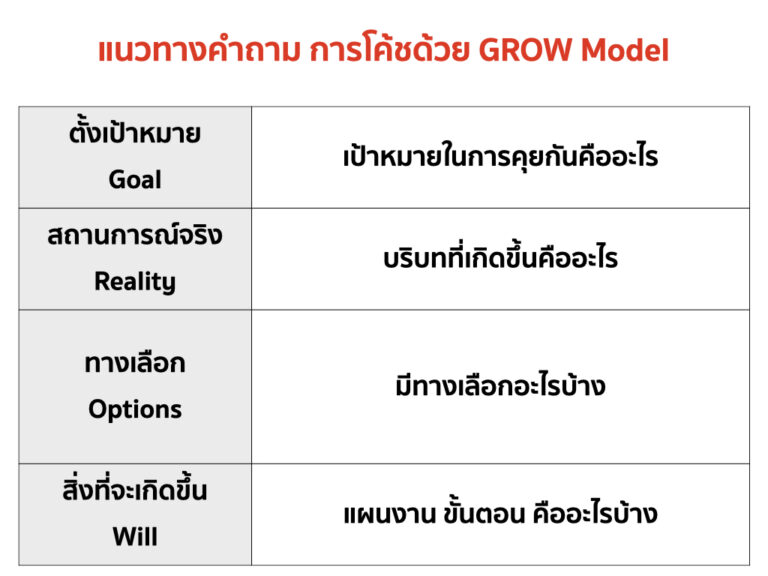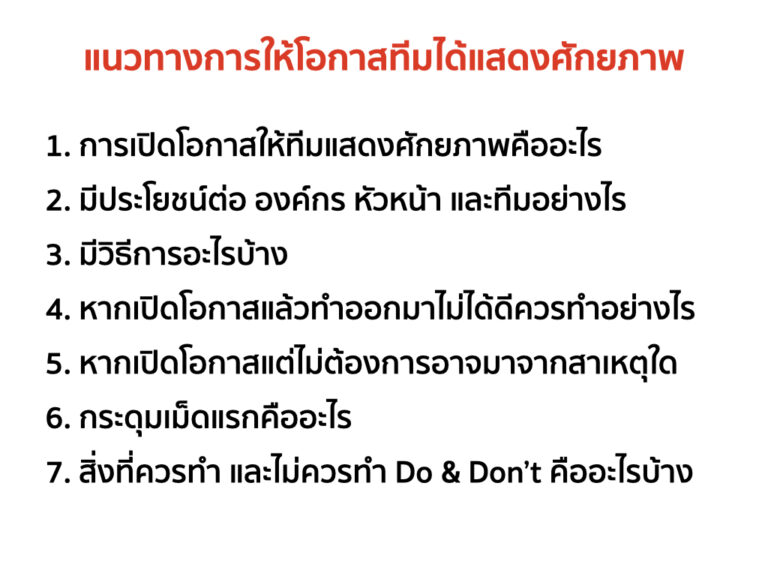“Khun Kriengsak, I want you to coach me on my judgement,” Natee says to me. “My board has told me that I made a poor decision in hiring a chief marketing officer six months ago.”
“Tell me more, Khun Natee.”
“Six months after I was appointed, our chief marketing officer retired and there were no internal candidates to replace her. I hired an executive search firm to find a replacement.
“After a systematic screening process, the search firm came up with two candidates. The first was good and was seeking a reasonable compensation package within the range that we had in mind.
“The second candidate was better but was seeking 30% higher compensation than the first one. If I had to hire the second one I would need special permission from the board because what he was seeking was 20% over our standard scale for the position.
“I was reluctant. My initial judgement was to choose the second candidate and seek the board’s approval. But I was uncomfortable about fighting for my choice.
“After holding off on a decision for a week, the pressure of work forced me to make a judgement call. So, I chose the first candidate. It turns out now that he hasn’t lived up to expectations. I have to spend a lot of time helping him. It will take another six months to groom him up to perform at the level we need.”
“If you could go back in time, what would you do it differently?” I ask.
“I would seek board approval for the second candidate.”
“That’s good. But tell me more. What held you back from taking that action in the first place?”
“I was afraid that the board might perceive that I was weak in negotiation.”
“What made you believe that?”
“Because the second candidate was more expensive than the first by 30%.”
“Let’s use the same scenario. If you could go back in time and you had to convince the board, how would you do it?”
“I would explain that this is a strategic position aligned with our strategy. We need a candidate who can make things happen fast. So, it’s a critical strategic decision, not a normal standard decision. Hence, I would seek for the board to allow me to deviate from the standard compensation guideline.”
“I think you would have had a better chance obtaining board approval.”
“I also thought about this at that time. But I was a bit nervous about going to the board.”
“Why?”
“Coach, I was afraid that the board would perceive me as a rookie CEO. I was facing a challenging situation that was not really that critical but I was unable to handle it by myself.”
“What made you think that way?”
“My past experience. I have sat in the board for quite some time. The previous CEO was a weak personality. He always sought special permission from the board in every matter.”
“How frequently?”
“Almost every month.”
“What about you in the first six months?”
“I didn’t have any such issues in the first six months. If I had proposed the case of the marketing chief, it would have been the first.”
“If you did that, do you think the board would have considered you as weak as the previous CEO?”
“Coach, I don’t think so.”
“What did you learn, Khun Natee?”
“I was wrong in my judgement.”
“Would you mind if I share my view on this?”
“Coach, I’m all ears.”
“You did have the right judgement in the first place. You knew the second candidate was fitter than the first one. So, let me clarify with you: you had sound judgement for the selection.
“Then, you decided not to go to the board. I think that was not sound judgement. It’s more like being on autopilot.”
“Coach, what do you mean?”
“Khun Natee, your judgement was right but you made a decision based on your faulty assumption that it would make you look bad in the board’s view. That was irrational thinking. You realise it now.
“Inside our head, we always have two minds. The conscious mind the one that always uses rationality in making decisions. The other one is the autopilot mind _ the mind that we use based on our own experience, beliefs and style. On autopilot, we didn’t even think.”
“What should I do?”
“What do you think?”
“I have to have better self awareness whenever I make a critical judgement. Am I on autopilot or in rational thinker mode?”
“Lets do that. I want you to observe yourself for two weeks. Each day you record how you make your judgements. At the end of the day, classify them into these two categories. By doing this, you will improve your self-awareness tremendously.”




